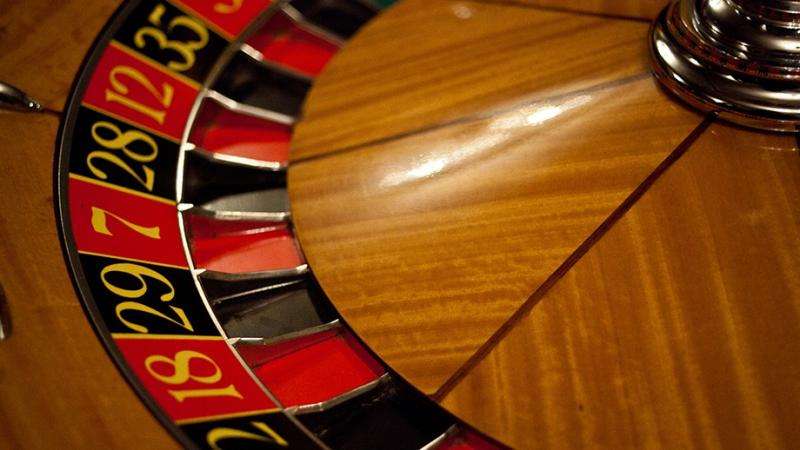Credit: Håkan Dahlström on flickr
A study into a process used for minimising harm for problem gamblers has found little information in the community about self-exclusion or how people can access it.
People wanting to stop or limit their gambling can voluntarily enter into an agreement to exclude themselves from a single venue or multiple venues in the ACT under a process known as self-exclusion.
The study by The Australian National University (ANU) interviewed problem gamblers, gambling venues and counsellors and asked them about their experiences of the self-exclusion process.
"We found there was very little detailed information available to people about the process of self-exclusion," said lead researcher Dr Marisa Fogarty from the ANU Centre for Gambling Research.
As a result, problem gamblers had a mix of understandings on what the process was about, what their rights were and often only accessed self-exclusion as a last resort when all other methods of harm minimisation had been exhausted.
"With greater public awareness of this process, people will be able to access self-exclusion before things get so bad that their lives are changed forever," she said.
Around 1,300 people in the ACT have severe gambling problems and a further 3,400 are experiencing significant difficulties.
The report also found that access to technology was an issue, with some problem gamblers not having easy access to the internet to be able to get information that relates to self-exclusion.
"So while the internet is a very good resource and we can do a lot to improve the information that's there about self-exclusion, we actually need to think more broadly about the people who are experiencing problems, and what their lifestyles are like and how we can get messages out to them," she said.
The study found self-exclusion was an empowering process for people experiencing harm from gambling. Problem gamblers felt supported by venues and by counsellors in going through the self-exclusion process.
However, a major limitation to the process was gamblers breaching their self-exclusion Deed and entering venues they were excluded from, or accessing gambling venues in Queanbeyan.
"What we found was that although individuals were highly likely to breach their Deed, for the gamblers interviewed it was often a one-off occurrence and did not necessarily reduce the effectiveness of the process," Dr Fogarty said.
Venues interviewed reported improvements in their ability to identify people who are breaching their Deed, due to the transition to the online ACT self-exclusion database.
"Overall we found that self-exclusion was a positive and empowering process that is under-utilised in its potential to assist people experiencing harm from gambling," Dr Fogarty said.
"This is a process that people can use, not just when everything in their life falls apart, but simply if they want to take a break from gambling for specific period of time."
More information: People wanting to self-exclude can approach staff at any venue in the ACT, the ACT Gambling Counselling and Support Service or the ACT Gambling and Racing Commission. Further information about self-exclusion in the ACT can be found at www.gamblingandracing.act.gov. … lp/exclusion-support
Immediate and free assistance is available anytime by phoning the ACT Gambling Counselling and Support Service on 1800 858 858 or through the national Gambling Help Online service at www.gamblinghelponline.org.au
Provided by Australian National University





















